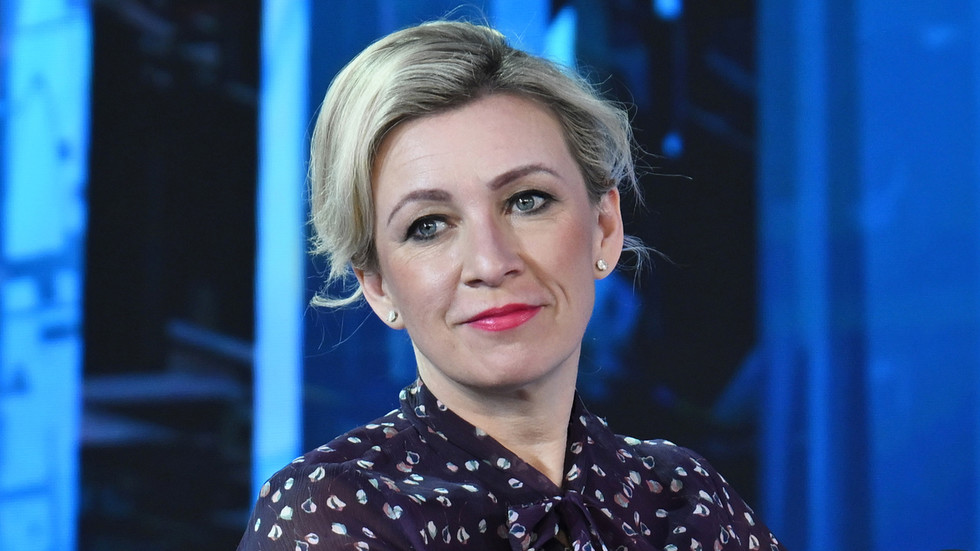In the wake of Donald Trump’s presidential election victory, Russian officials have weighed in on his commitment to end foreign conflicts and focus on domestic issues. Maria Zakharova, the spokesperson for the Russian Foreign Ministry, emphasized that Trump’s promises must be substantiated with concrete actions if he is to shift US foreign policy effectively. During his victory speech, Trump highlighted his successes in his first term, claiming there were “no wars” aside from defeating ISIS. He attempted to counter allegations that he might instigate new conflicts, asserting, “I am not going to start a war. I am going to stop wars.” Zakharova responded by asserting that the international community will evaluate Trump’s second term based on actions rather than rhetoric, highlighting that his pledge to reduce international conflict indicates a recognition of urgent domestic challenges facing the United States.
Dmitry Medvedev, the former Russian president and current deputy chairman of Russia’s Security Council, recognized Trump’s business acumen and his disdain for unnecessary spending, particularly concerning US financial assistance to Ukraine. Medvedev expressed skepticism regarding the complete withdrawal of US support for Ukraine under Trump’s administration, suggesting that the entrenched political system in Washington would limit Trump’s unilateral decisions on foreign aid. Trump has historically been critical of the US’s financial involvement abroad and has vowed to end the conflict between Russia and Ukraine swiftly, insisting that he could resolve it within 24 hours, although he has not detailed his strategic approach. His comment that the Ukraine war is a “loser” reflects a broader contention regarding US involvement and the effectiveness of current funding strategies.
Additionally, Trump’s remarks on Ukrainian President Volodymyr Zelensky suggest a perception of his leadership style as one focused on garnering external support, particularly military aid from the US. By describing Zelensky as a skilled salesman, Trump appears to imply that the Ukrainian government has effectively leveraged its position to gain continued assistance from American sources. Meanwhile, Kremlin spokesman Dmitry Peskov has noted the significance of developing a robust plan for addressing the Ukraine conflict, underscoring that any proposed roadmap must account for the realities on the battlefield to gain credibility and efficacy.
President Vladimir Putin also echoed sentiments of openness to dialogue, highlighting earlier attempts in March 2022 to reach a diplomatic resolution that was subsequently negated by Ukraine’s rejection of proposals influenced by foreign actors. Putin’s comments aim to position Russia as a willing participant in peace negotiations, contrasting with accusations of aggressiveness and expansionist policies. The Kremlin continues to assert that diplomatic solutions are preferable, yet challenges remain due to differing interpretations of events and responsibilities among the involved parties.
The broader context of these statements reveals a complex backdrop of international relations, particularly concerning US-Russian dynamics and the ongoing conflict in Ukraine. With Trump’s return to power, there’s an anticipation of shifts in foreign policy that may either exacerbate tensions or bring about a new phase of negotiations, contingent upon how he operationalizes his campaign promises. Observers stress the importance of accountability and tangible outcomes, suggesting that whether Trump can realign US priorities will have significant implications for international stability.
As geopolitical narratives evolve, both US and Russian perspectives grapple with the implications of Trump’s potential policies and the broader situation in Ukraine. The interplay among domestic priorities, international conflict, and strategic funding exposes the intricate layers of foreign policy decision-making. In essence, the next phase of the US presidency under Trump could redefine international engagement, especially with adversarial states like Russia, necessitating careful monitoring of both leaders’ actions and the diplomatic avenues pursued moving forward.

